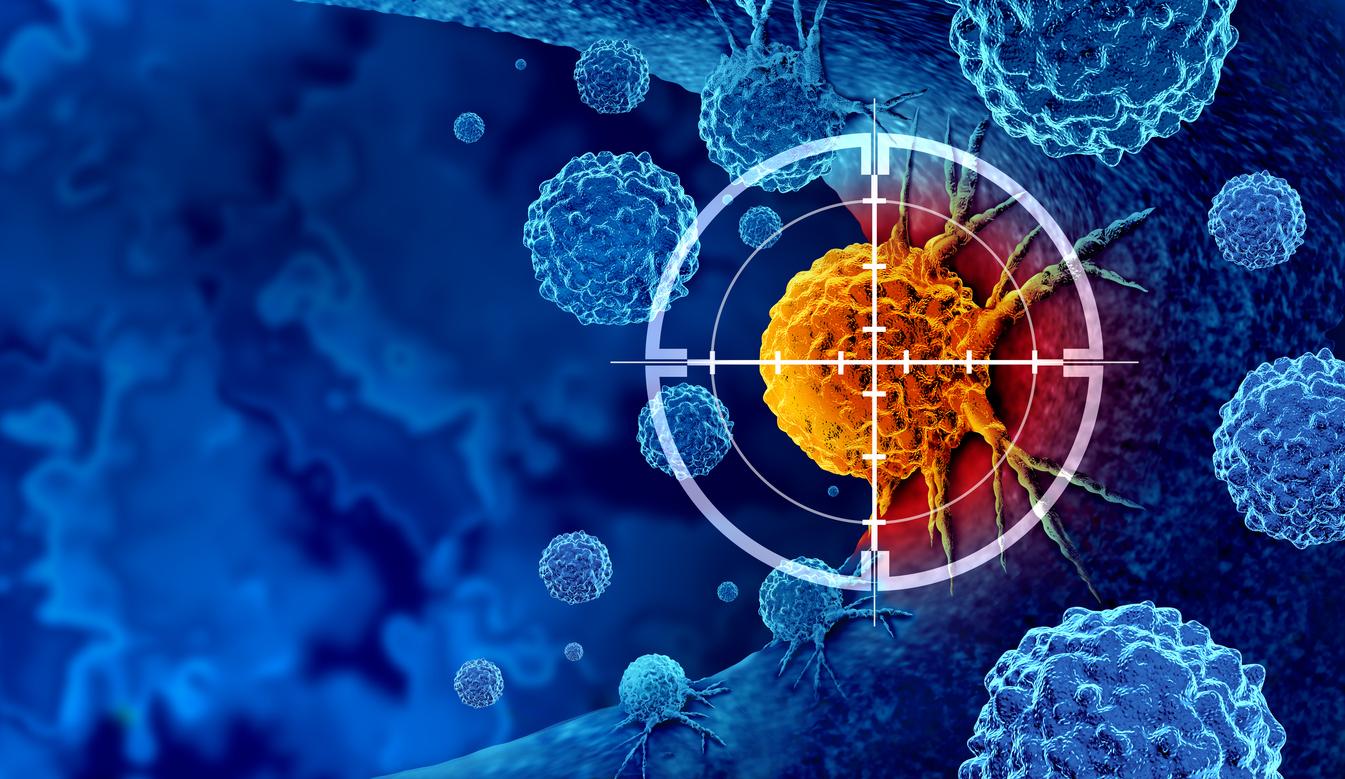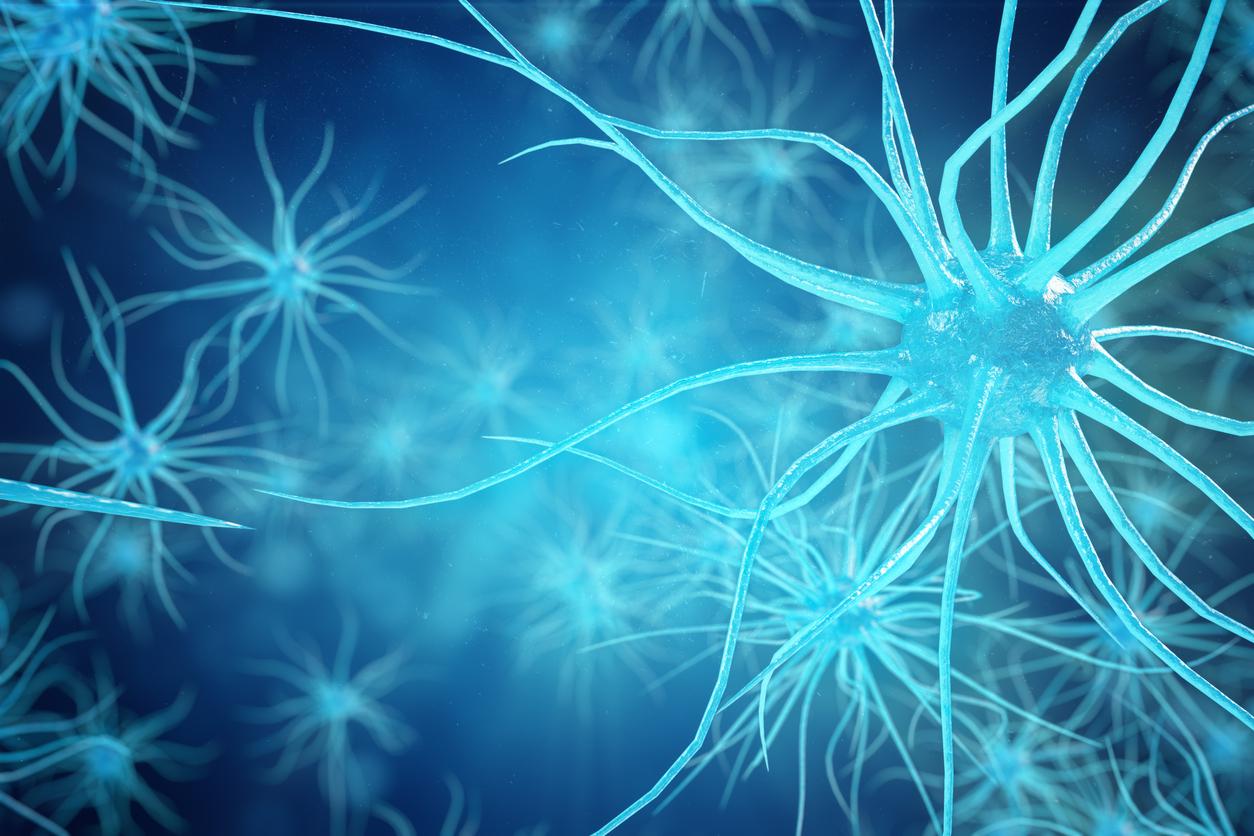Bacterial therapy, when combined with other drugs, could be a very effective treatment for lung cancer, according to a new US study.

- More than 45,000 cases of lung cancer are diagnosed each year in France (31,200 cases in men and 15,100 cases in women in 2018).
- The cure rate is progressing thanks to advances in research: between 1990 and 2015, survival increased by 11 points for lung cancer.
Lung cancer is the deadliest cancer in France in men (23,000 in 2018) and the second deadliest in women (10,000 deaths), according to Public Health France. Most currently available treatments often prove ineffective for patients. But a promising new therapy has emerged in recent years: bacterial therapy. It could be the most effective treatment for certain types of cancers including lung cancer, in combination with other drugs, according to researchers from the Columbia School of Engineering.
Combining current drugs with bacterial toxins proves effective
Their latest studypublished on December 13, 2022 in the journal Scientific Reports, combines bacterial therapies with other treatments to improve their effectiveness against lung cancer without any additional toxicity. This new approach has successfully integrated bacterial therapies into current targeted therapies for lung cancer. Targeted therapies are new treatments that are directed against specific molecules that can be found on certain cancer cells. They target the proteins carried by cancerous cells but they spare healthy cells and thus cause fewer side effects than conventional chemotherapies.
The team used RNA sequencing to find out how cancer cells responded to bacteria at the cellular and molecular levels. According to their hypothesis, molecular pathways in cancer cells could help cells resist bacterial therapy. To test this hypothesis, the researchers blocked these pathways with current cancer drugs and showed that combining the drugs with bacterial toxins is more effective in eliminating lung cancer cells.
Bacterial therapy: hope for lung cancer patients
“The preclinical data presented provide a strong rationale for further research in this area, opening up the possibility of new treatment options for patients diagnosed with this life-threatening disease.”rejoiced Upal Basu Roy, the executive director of research, in a communicated.
“As someone who has lost loved ones to cancer, I would love to see this treatment strategy move from the bench to the bedside in the future”, said the first author of the study, Dhruba Deb. The researcher plans to extend this strategy to larger studies of preclinical models of hard-to-treat lung cancers and would like to collaborate with other clinicians to move trials forward.


















